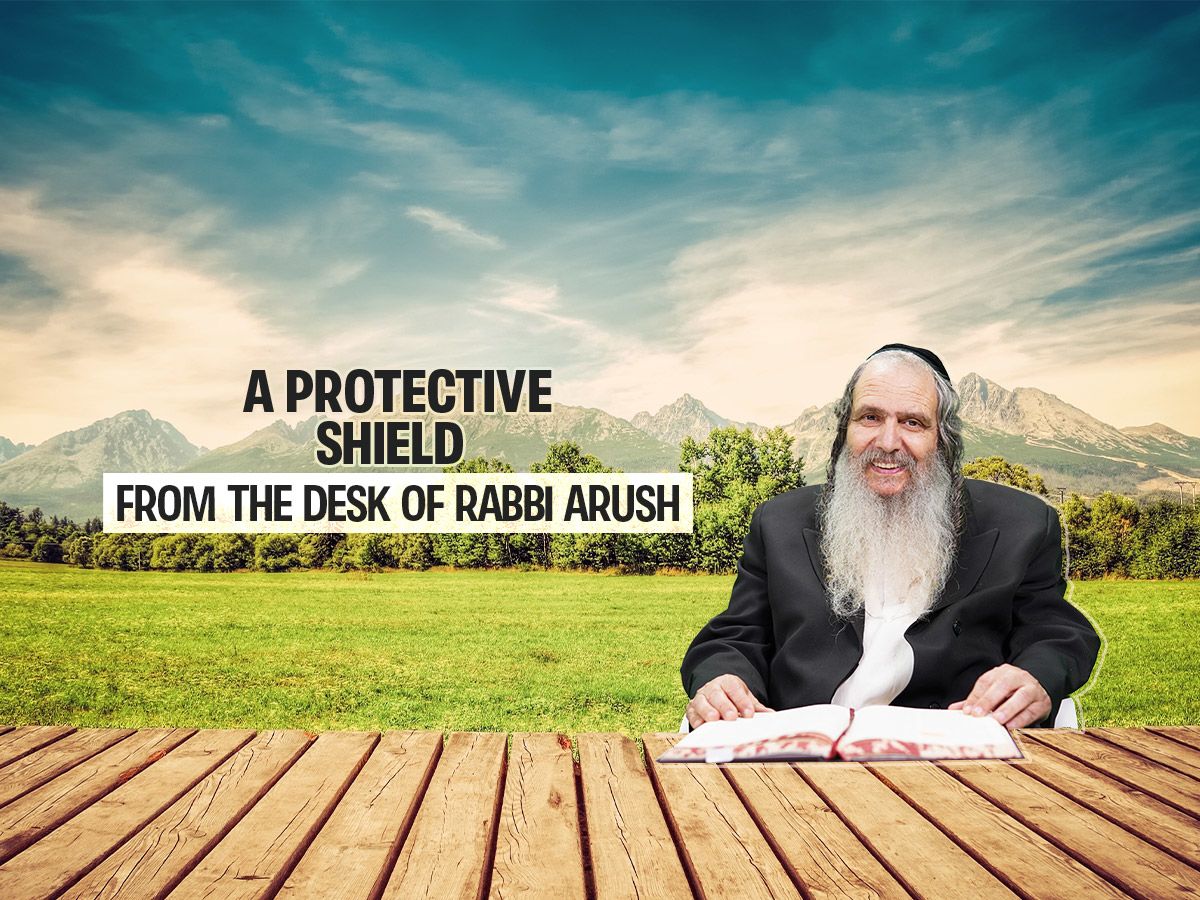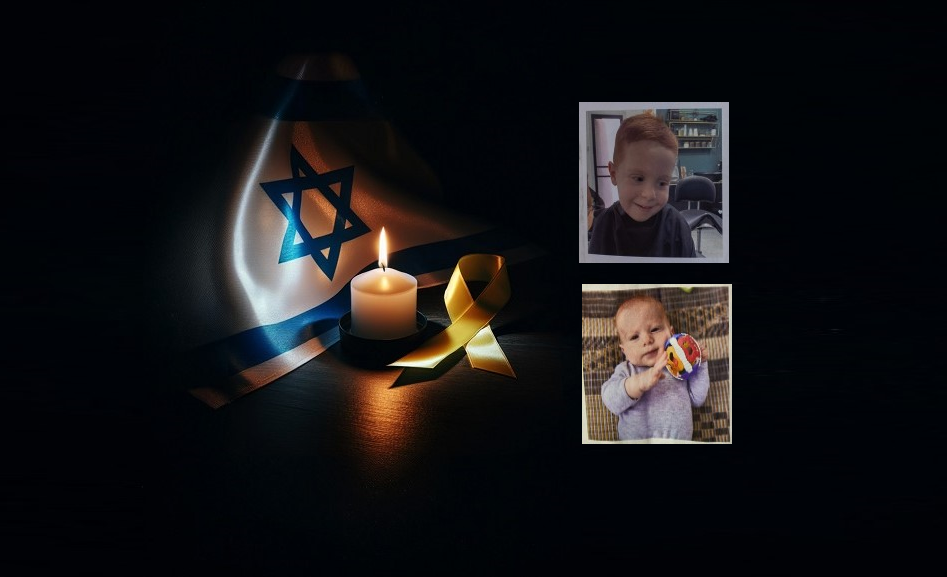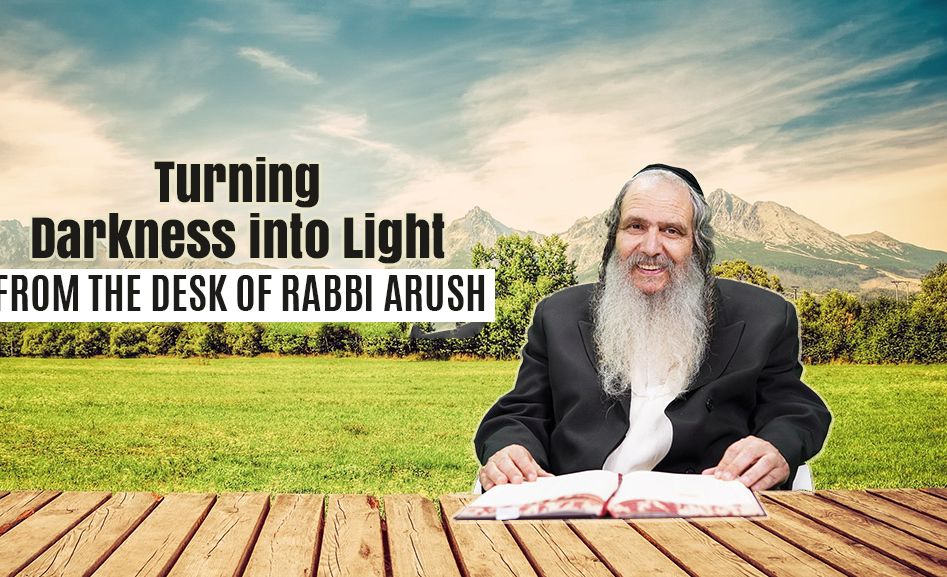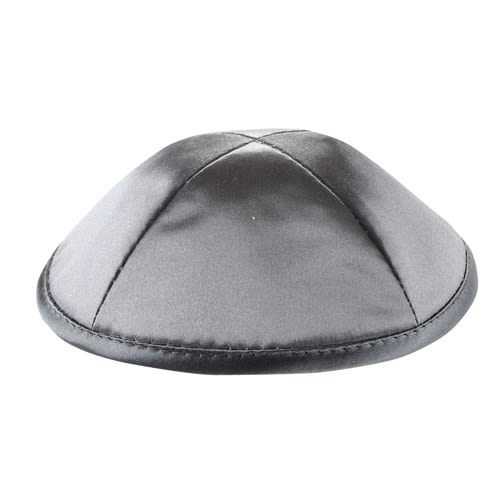
A Protective Shield
As the war in Israel continues, the dangers seem to increase on all sides. Jews outside of Israel are facing unprecedented antisemitism. How can tiny Israel and all Jews possibly protect themselves? Rabbi Arush gives a proven, effective method. A MUST READ!

Translated from Rabbi Arush’s feature article in the weekly Chut shel Chessed newsletter. The articles focus on his main message: “Loving others as yourself” and emuna.
Rabbi Nachman’s Initiative
Chassidic courts in general, and specifically the Breslev chassidut, had something of a golden age in Poland right before the Holocaust. The enthusiastic chassid, Rabbi Yitzchak Breiter HY”D, made a revolution in Warsaw. A mysterious and almost unknown chassidut, one that didn’t even have a live Rebbe, developed into a huge community of Chassidim and supporters who came to learn from Rabbi Nachman, the baal tefilla (cantor).
When the clouds of war gathered over Europe, and Hitler (may his name be blotted out) was threatening in all directions, more than 3 million Polish Jews were paralyzed with fear of the future. Rabbi Breiter encouraged them and strengthened these souls with hope and emuna (faith), and repeatedly reminded everyone that a Jew’s power lies in his mouth and that that is particularly true of the disciples of the tzaddik who had said that “It’s all about tefilla.” So they, in particular, should invest more in the belief in the power of tefilla and in the act of praying itself.
Rabbi Breiter started an immense initiative of tefilla and round-the-clock hitbodedut, based on the unequivocal statements of Rabbi Nachman intended for his disciples in Sichot Haran, that in difficult times, when there are decrees against the Jewish People (clarifying notes in brackets) –
“Could it be that we are allowing Hashem yitbarach to do and think to make decrees in the world?! [So, what should be done? How can one prevent these decrees?] Because we must call Hashem yitbarach away from whatever He is doing, whatever decree and the like, chas veshalom [and in order to annul the decrees we must] call him away from there, that He should throw it aside and turn to us, as we wish to speak to Him and ask Him to draw us closer to His service.
[What causes Hashem yitbarach to, so-to-speak, annul and cancel His decrees?] When a Jew wishes to talk to Hashem yitbarach, to conduct a conversation with Him [and he wishes to come closer to Hashem, as explained above] – then Hashem yitbarach drops all his dealings and all the decrees that He wants to make, chas veshalom, and all his dealings that He, so-to-speak, is busy with, and tosses them all aside and concentrates only on that man who wishes to speak to him and present his wishes to him, to ask Him for help in coming closer to Him, yitbarach.”1
And so, Rabbi Yitzchak Breiter HY”D declared that there shouldn’t be even an hour a day in which there is no Jew who is doing hitbodedut and conversing with Hashem, because as long as there is one Jew who is speaking with Hashem, Rabbeinu Hakadosh promises that Hashem yitbarach will set aside all the decrees. Rabbi Breiter established and created in Warsaw a “chain” of hitbodedut that ensured that during all twenty-four hours of a day there will be at least one Jew who is standing and performing hitbodedut. This chain existed for a few years. Due to various circumstances, the chain fell apart, and a short time later, Polish Jewry ceased to exist.
Responding to Rabbi Nachman’s Call
We don’t understand the Heavenly calculations and no one knows and understands what caused such anger, but it is clear to us that the words of Rabbeinu Hakadosh are true, and nothing that he said will remain unfulfilled; what was true then, is certainly true of the troubles we are experiencing today, and it is our true shield against the internal and external threats, from the north and from the south, east and west. The true shield is a chain of hitbodedut.
The shield holds even when the Jew is doing a personal hitbodedut, praying to Hashem about himself, wishing to come closer to Hashem and to do a helpful and effective teshuva in order to annul personal decrees – and certainly when we are praying and beseeching Hashem on behalf of all of Klal Yisrael, for there is nothing so desirable and beloved to Hashem as when people pray for His children. The latter would be, therefore, the perfect protection from all bad decrees.
Therefore, we in our yeshiva have established a hitbodedut chain of fifteen minutes each, so that everyone will be capable of doing it. And whoever can take upon himself more than fifteen minutes, takes it. There are more difficult hours in one day, and Baruch Hashem, there are some men and women whose daily schedule enables them to make use of the more problematic hours – and so we have the merit of ensuring, as much as possible, that during every hour of the day and night there is a man or a woman standing and praying for our soldiers in all of the war zones, and for those who dwell in the holy Land, and for the hostages – that they should come home safely and soon.
Connecting to the Chain
We are therefore calling out to all Jews, wherever they are, to establish prayer chains in their hometowns. And if it is difficult for people to commit themselves to doing hitbodedut, in other words, to speak to Hashem in their own words – one can make a Tehillim chain instead. Whoever knows how to perform hitbodedut can contact us and join our hitbodedut chain that renews itself every two weeks so as to allow the participants some flexibility. You can also contact us and receive a list of points to focus on in the prayers to give you some new ideas of what to pray for, since Chazal tell us that one should pray in maximum detail.
|
And the main thing is to pray that the Jewish people will connect to their faith and roots, because emuna is what gives us our power and strength, leading to our having a stable hold on the Land of Israel. These the roots and our Jewish heritage are what protected us for so many years during the long exile.
And if in earlier times praying for the Jewish People could have been considered, mistakenly, as something that only a few great people should do, today one can’t think like that. Today it is clear that it is a full obligation to pray for the Jewish People. Today all of us are obligated to pray for the Jewish People, with no exceptions – men and women, the young and the old.
How can we sleep peacefully when thousands of soldiers are in life-endangering situations, and members of their extended families are so worried and paralyzed with fear? How can we ignore the dozens of hostages and the tens of thousands of people who are exiled from their homes? How can we remain complacent when many thousands of Jews all over the world are experiencing antisemitic attacks, with hatred of the Jews raising its ugly head, and they are afraid to walk down the street?
How Does One Pray?
This week’s parasha defines the Jewish battle model: “One thousand per tribe, one thousand per tribe”.2 Chazal explain in the midrash that for every thousand warriors, there were a thousand people who prayed. And the midrash seems to be saying that they were actually paired off – every person who prayed “adopted” a warrior and prayed for him personally, just like what is happening today in many yeshivas.
We have already mentioned what the Ba’al Haturim says about the words of the passuk, “So there were delivered from the thousands of Yisrael,”: “They gave themselves up for the sake of Hashem’s holiness to save Yisrael.” And on the previous passuk he writes that all of them were with one heart to their Father in Heaven.
And that’s what we need today: one heart, true ahavat Yisrael (love of our fellow Jews), mutual responsibility of all to all, and that everyone should do his part with mesirut nefesh (total devotion); and just like the soldiers are exhibiting outstanding devotion in unbelievable conditions – so too we, who are praying for them, must stand with mesirut, with every ounce of our strength, making sure “not to sleep”, and give them the protection they need so much.
Opening the Eyes, Opening the Mouth
If we want to have the strength to pray, we must open our eyes and see all the great miracles that are happening around us and thank Hashem endlessly. Because, with all the pain and terrible difficulties, we all understand that it could have been much worse. And also, every week, when missiles are sent to the north and the south, we see Hashem’s hand, because with all due respect to the interception systems, it is clear to all that we really don’t have the ability to shoot down all the missiles, and what is saving us is actually protection from Above.
Therefore, we should thank Hashem for all the chassadim (kindnesses) and salvations and rescues that we are seeing with our own eyes, and with that feeling of gratitude we will have the strength to pray, as the Mishna says: “He should thank for that has happened and cry out for the future events.”3 Also, in the merit of our gratitude we will see more and more salvations, because when one thanks Hashem for salvations, one merits several times more miracles and salvations.
1 Sichot Haran 70
2 Bamidbar 31:4
3 Mishna Brachot 9:4












Tell us what you think!
Thank you for your comment!
It will be published after approval by the Editor.